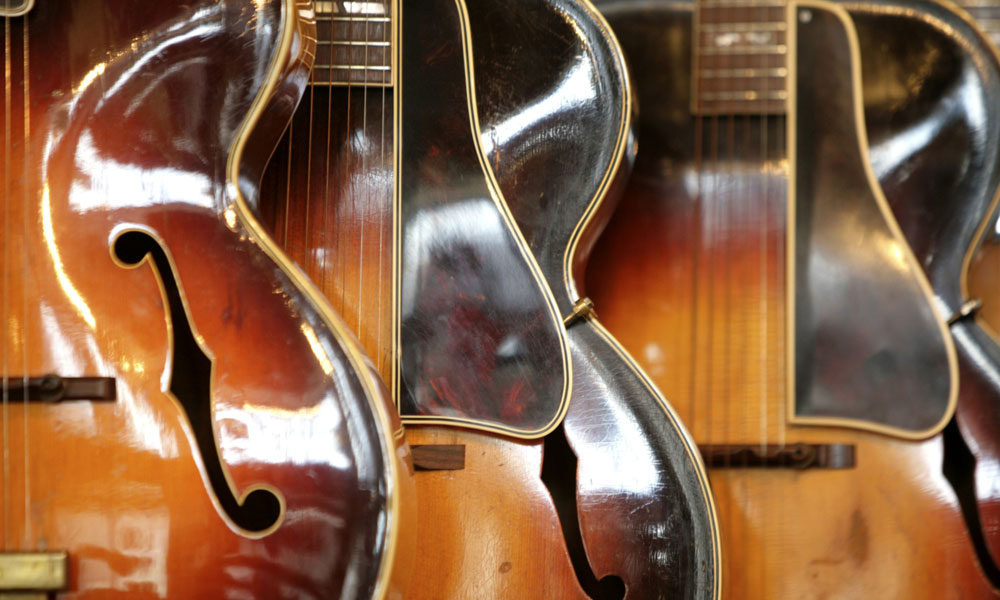
Social Media Roundup: Get This Party Started
A list of the best parties to be found in Nashville for #asae14. Also: where data and experiments intersect.
Sure, you’ll probably have a lot of fun in the expo hall and maybe even a blast in some of the education sessions, but you may gain some of the best insights from this year’s ASAE Annual Meeting & Exposition while hanging out with other association pros in Nashville.
More info in today’s Social Media Roundup:
Find the Premier Parties
My annual ASAE Annual Party List – you'll never not know where to go with this lil' list o' fun! #asae14 http://t.co/gCMNdQzsxv #assnchat
— kikilitalien (@kikilitalien) August 6, 2014
With this year’s ASAE Annual Meeting starting Saturday, there’s a lot to check out and follow—and so much networking to do!
If you need a few places to go, Aptify’s KiKi L’Italien knows all the good spots. The #assnchat host has a list of all the soirees—both offsite and onsite. She says these events often work well as educational experiences of their own.
“Every year the best networking at ASAE Annual happens at the parties and receptions after the sessions have concluded for the day,” she writes. “You’ll never know how much learning you are capable of until you are shouting about outdated membership models across a crowded table at a bar.”
Now, who wouldn’t pay money to see that? (ht @kikilitalien)
Always Be Experimenting
Data Based Decision Making and Experiments http://t.co/UMXJWga1ZI #assnchat
— Jamie Notter (@jamienotter) August 6, 2014
Earlier this week I shared my appreciation for the value of experimenting—no matter how big or small that experiment is. But here’s a more direct take on the same topic from management consultant Jamie Notter, who highlights a recent white paper by Elizabeth Weaver Engel and Peter Houstle:
One of the points they make (that I see organizations miss) is that using data is actually part of the scientific method, and the scientific method requires experiments. The data never give you the answer. The initial data sets will help you craft some hypotheses, and then you run experiments based on that, and the data from those experiments may help you draw a conclusion.
Notter writes that if more organizations put in the time to test what works and what doesn’t, there’s a good chance they would get different results. It may take some energy, but for every failed experiment, you’ll gain more intelligence in the process. (ht @jamienotter)
Being in Nashville, the chances are good that someone will be playing one of these at the afterparties. (iStock/Thinkstock)






Comments